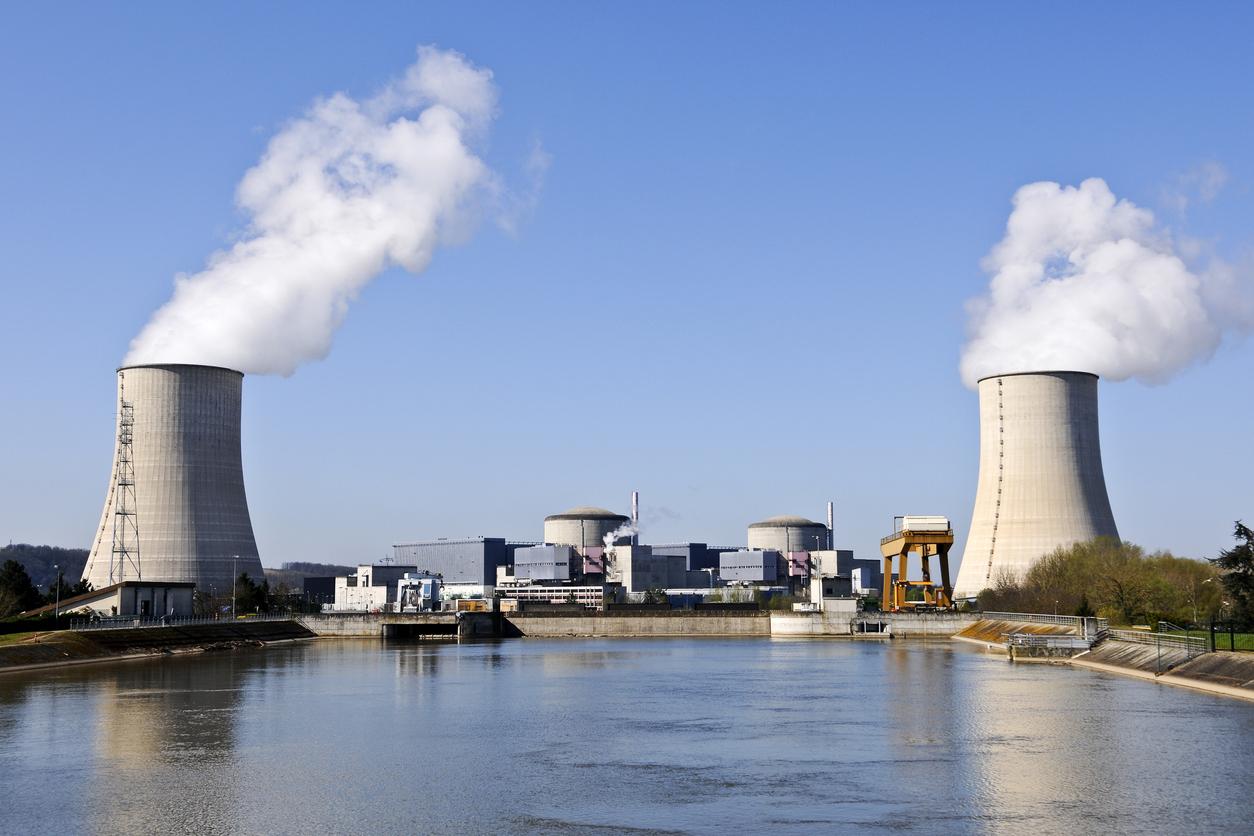The results of a large-scale studypresented at the European Society of Medical Oncology (ESMO) congress in Madrid show that 24% of small tumors have aggressive biology. Initially, breast cancers are diagnosed “at risk” by clinical criteria (age, tumor size, lymph node involvement, examination of hormone receptors on tumor tissue) and genomic testing, aggressive tumors can be identified by a signature of 70 genes. When these two tests involve high risks, chemotherapy is inevitable. This is not the case when the risks indicated by the two tests are low.
The researchers were interested in 826 patients with a primary tumor smaller than 1 cm. The clinical and genomic risks were calculated and it was found that 24% of the group was at low clinical risk, but at high genomic risk. Half of this small group, chosen at random, received a chemotherapy.
Are genomic tests more reliable?
After 5 years, very few patients who have undergone chemotherapy have experienced relapses of the disease. The high survival rate of these people was also very high. Doctors then found that nearly one in four patients with small tumors were at risk of metastases. All small tumors are therefore not the same and doctors recommend paying special attention to their biology rather than size when deciding on adjuvant treatments.
Read also :
Air pollution promotes breast cancer
A bra to screen for breast cancer
Breast cancer: sport to prevent recurrence


















